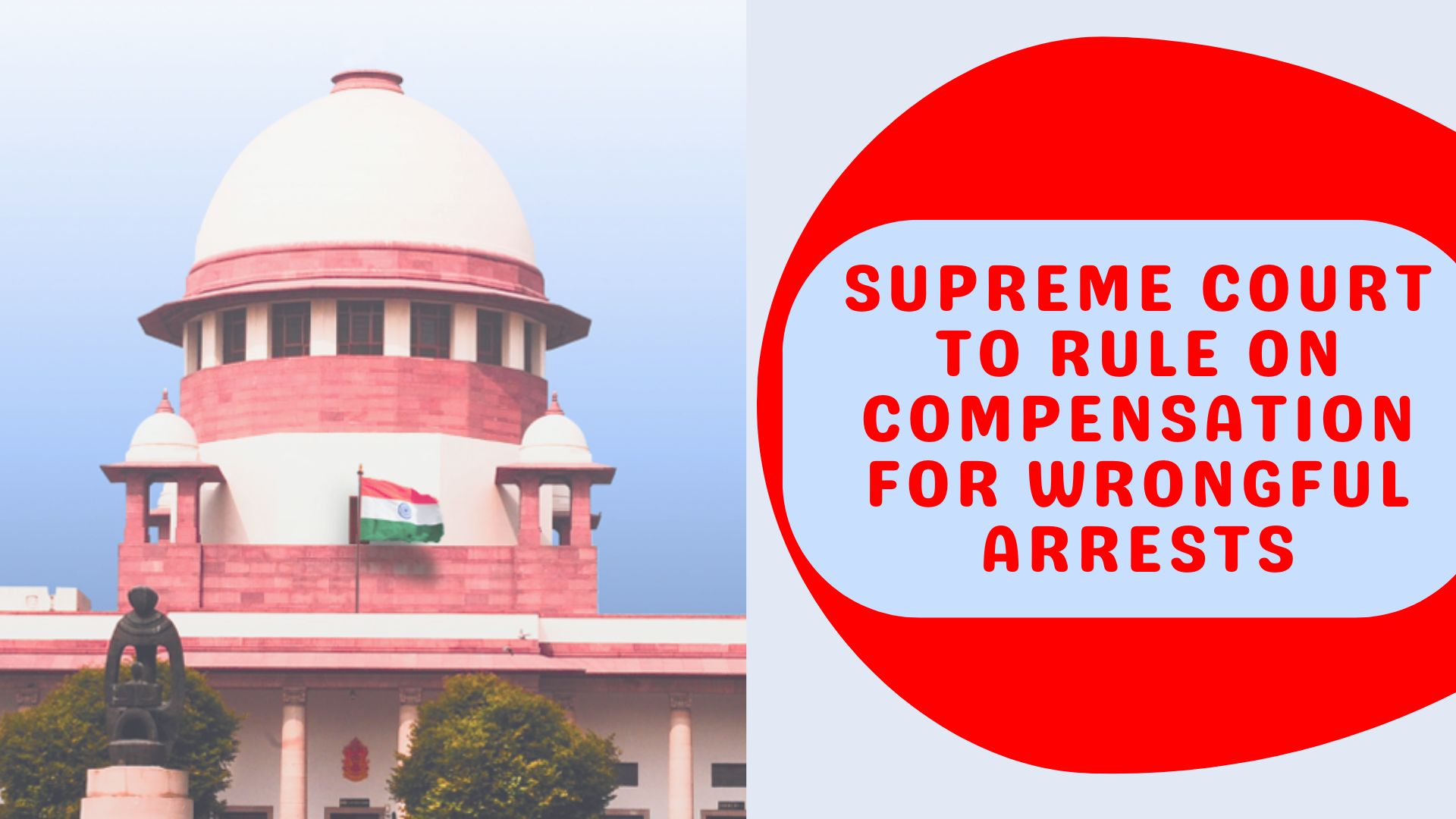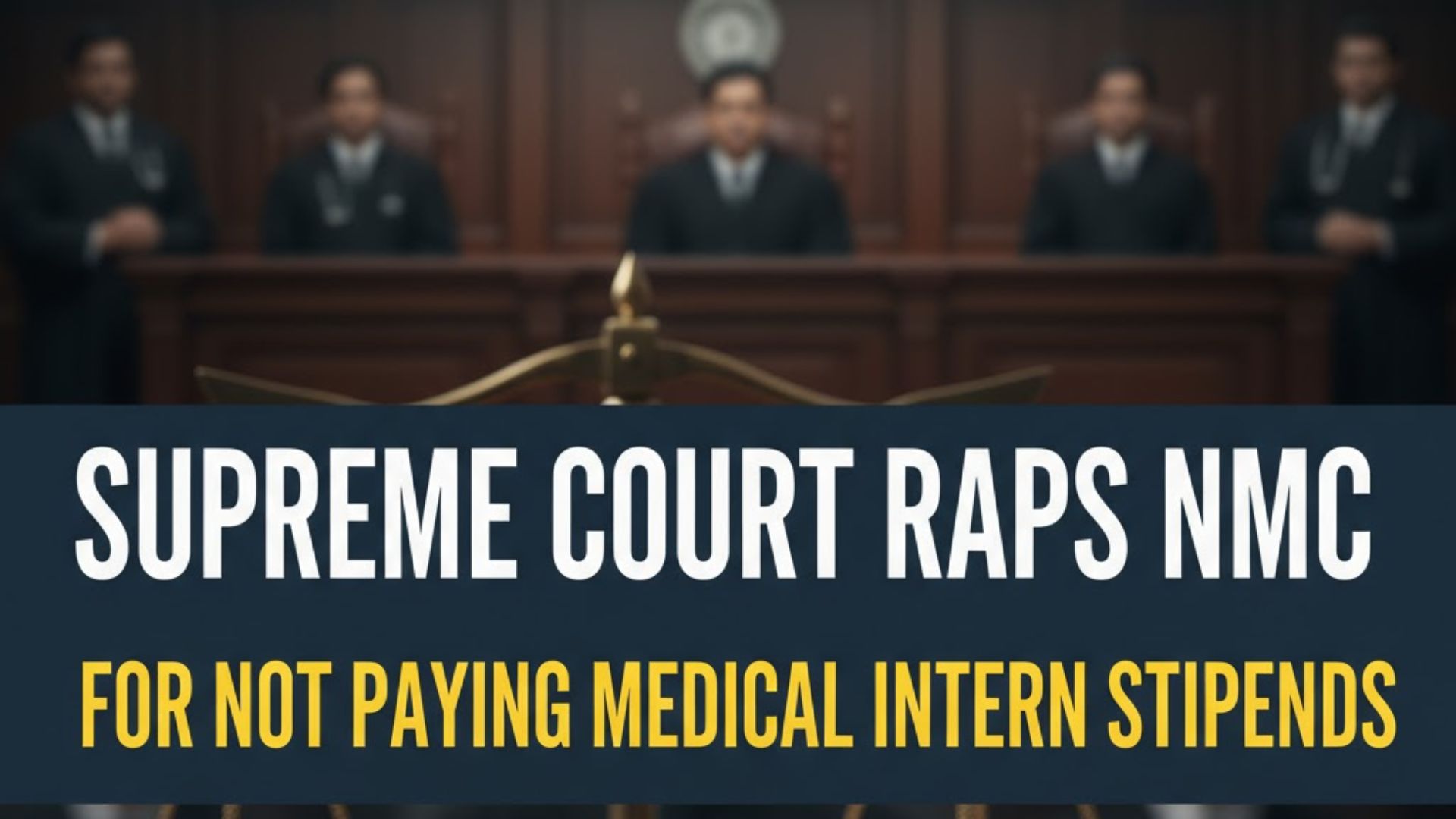@JUDGMENTTAG-ORDER
V. Balakrishna Eradi, J.@mdashThe revision petition is the third defendant in O.S. 57/1964 on the file of the Subordinate Judge''s Court,
Kasaragod. The said suit is one filed by the respondent herein for a permanent injunction restraining the defendants from trespassing into the plaint
properties on the allegation that the suit property belongs to the plaintiff and is in his possession and that the third defendant in collusion with the
other defendants was attempting to trespass into the said property and disturb the plaintiff''s peaceful enjoyment thereof. The third defendant who
is the main contesting defendant, filed a written-statement contending that he is in actual possession of the suit properties and is residing in the
thatched house situated therein, that the 4th defendant had a valid leasehold right under the plaintiff and this right has become vested in the third
defendant by virtue of an assignment executed in his favor by the 4th defendant, that the plaintiff''s allegation that he is in possession of the
properties is false and the property being in his (third defendant''s) actual possession and enjoyment in leasehold right the plaintiff is not entitled to
the relief of injunction prayed for by him. When the suit came up for trial before the lower court on the 3rd October 1966, the plaintiff represented
to the court that he was resting mainly on the documents filed by him and had only rebutting oral evidence and that therefore, the defendant should
be directed to let his evidence first. The learned Subordinate Judge by his order passed on the same day, directed the defendant to produce his
evidence first obviously reserving the right in the plaintiff to adduce his evidence by way of answer after the defendant closes his evidence in the
case. The third defendant has filed this revision challenging the validity of the aforesaid order passed by the learned Subordinate Judge.
2. Under O. 18 Rules 1 and 2 C.P.C. the normal rule is that the plaintiff who has right to begin the case should first state his case and produce his
evidence in support of the issues which he is bound to prove. If however, the defendant admits the facts alleged by the plaintiff and contends only
that either on some point of law or on the basis of additional facts alleged by the defendant the plaintiff is not entitled to any part of the relief which
he seeks, in such a case, the defendant has the right to begin and it is his duty to produce his evidence in support of such defense which he is bound
to prove.
3. The question, therefore, is whether in the instant case the defendant has admitted the facts pleaded in the plaint on the basis of which the plaintiff
would ordinarily be entitled to the relief sought by him and whether the defense is rested only on some point of law or on any additional facts
pleaded by the defendant. The suit being one for injunction the plaintiff would not be entitled to relief unless in addition to his title he proves also his
possession on the date of plaint. The burden of establishing such possession is therefore, clearly on the plaintiff unless such fact has been admitted
by the defendant in his written statement. Far from making any such admission, the third defendant has categorically asserted in his written-
statement that he is in actual possession of the suit property and is residing in the hut situated therein under a leasehold right and that therefore the
prayer for injunction is not sustainable. In view of this pleading it cannot be denied that in order to obtain the relief of injunction sought by him the
plaintiff has to discharge the burden of proving that he was in possession on the date of suit.
4. It is, however, contended by the learned counsel for the respondent that the defendant has in his written-statement clearly admitted the title of
the plaintiff, and that his only plea being that he has a valid leasehold right under the plaintiff the burden is entirely on the defendant to prove the
existence of such right. It is further urged that the plaintiff''s title being thus admitted and the specific case put forward by the 3rd defendant being
that the plaintiff had obtained delivery of possession from a prior tenant about 11 years ago and thereafter inducted the 4th defendant into
possession as lessee, the burden is on the defendant to show that there was such entrustment to the 4th defendant and a discontinuance of
possession on the part of the plaintiff. In support of these contentions reliance is placed by him on the decisions reported in Seturatnam Aiyer v
Venkatachela Goundan (I.L.R. 43 Mad 567 P.C.), Nainapillai Marakayar v Ramanathan Chettiar ILR 47 Mad 337 P.C.) AIR 1949 278 (Privy
Council) and Musammat Murti Dussadhin and Others Vs. Surajdeo Singh and Others,
5. It is now settled law that in a suit brought by a landlord for ejectment of a tenant brought after due service of notice to quit, if the plaintiff''s title
and the defendant''s occupation of the property as plaintiff''s tenant are admitted and the defense plea is that the defendant is a lessee with a right to
fixity of tenure the onus is on the tenant who sets up a right of permanent occupancy to prove the existence of such right. In such cases it is not
necessary for the plaintiff to prove possession within 12 years since the existence of a subsisting title is necessarily implied in the defendant''s
pleading that he is holding as tenant under the plaintiff. Thus, for the purpose of deciding whether Art.142 or Art.144 of the Limitation Act applies
to such suit for ejectment, it has been held in the aforesaid decisions that if a defendant not only admits the title of the plaintiff but also admits that
he derived possession from the plaintiff as a tenant the case must proceed on the defendant''s plea and it must be assumed that the plaintiff has not
been dispossessed or has not discontinued his possession within the meaning of Art.142 of the Act. The aforesaid principle would govern only suits
for ejectment when the question of applicability of Art.142 or 144 of the Limitation Act arises for decision. It cannot be applied to a case like the
present where the suit being one for injunction the plaintiff can succeed only on proving his actual possession of the property on the date of suit
irrespective of his having a subsisting title to such property. The admission contained in the written-statement is at best only an admission of the
plaintiff''s subsisting title. But this will not shift the burden to the defendant because the plaintiff has still to prove that he was in possession of the
property on the date of the suit. It is not as if the plaintiff would be entitled to a decree for an injunction as prayed for by him even if the lease set
up by the defendant is not proved by him. The plaintiff can succeed only if he discharges the burden of proving the factum of his possession on the
date of suit which alone would entitle him to the relief of injunction.
6. I am unable to accept the argument of the learned counsel for the respondent that because the defendant has admitted that the plaintiff was in
possession at some point of time about 11 years prior to the institution of the suit the court must presume that such possession continued with the
plaintiff and that it is up to the defendant to establish discontinuance of such possession. No such presumption can in my view, be drawn in a case
where the plaintiff has sought the relief of injunction.
7. The lower court has not given reasons whatever for departing from the ordinary rule that the plaintiff should begin the case and let in his evidence
first. In the order passed by it, it has merely recorded a representation made to it by the plaintiff''s counsel and without stating anything further it has
merely directed the defendant to start his evidence. The order so passed by it, without giving any reasons and without adverting to any of the
relevant aspects, constitutes an illegal exercise of jurisdiction by the lower court. I set aside the order of the lower court and hold that this is not a
case where the defendant should be directed to let in his evidence before the plaintiff has stated his case and produced his evidence. The C.R.P. is
accordingly allowed and the lower court is directed to proceed with the trial of the suit in the light of the observations and directions contained
above. The parties will bear their respective costs in this C.R.P.

